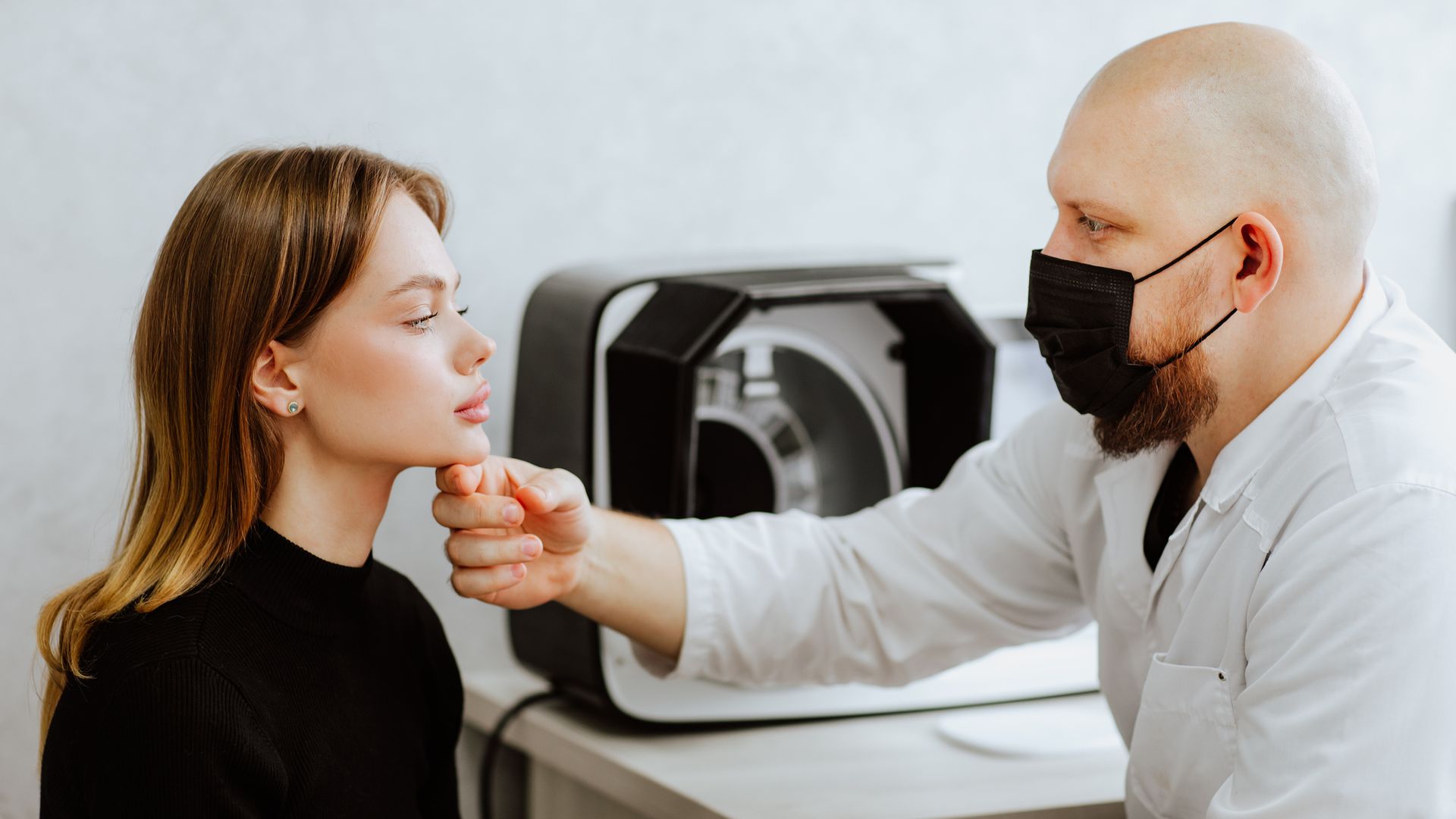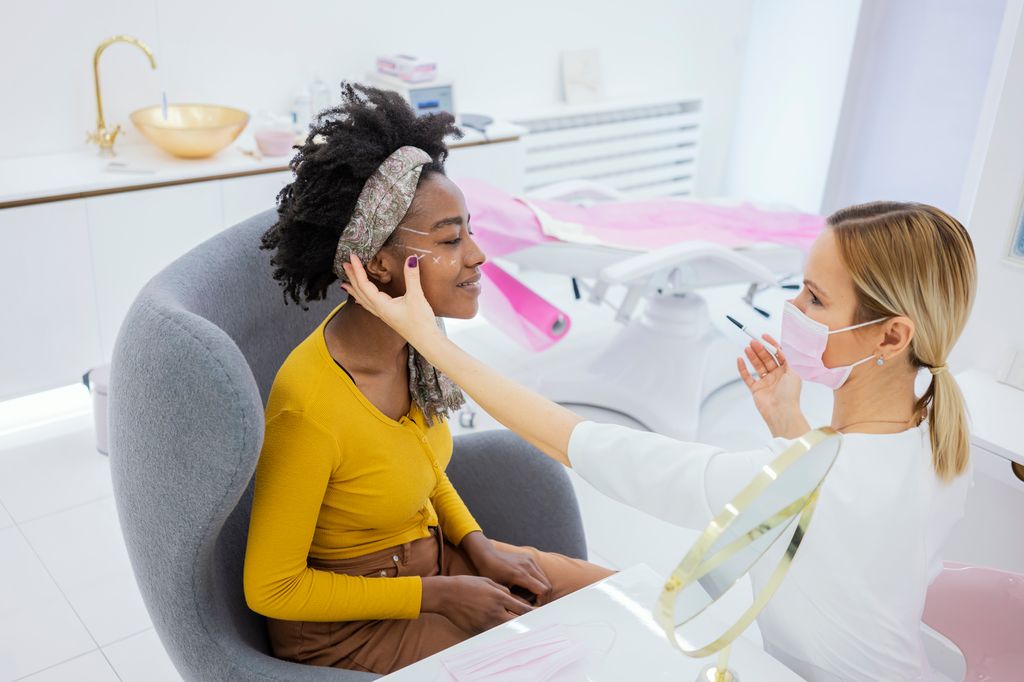You may have seen or heard headlines recently about a new licensing scheme being proposed for injectors and other aesthetic practitioners in England. It’s been in the pipeline for some time and earlier this month the government launched an open consultation - giving us all, patients and practitioners alike, an opportunity to weigh in on what the new regulations should look like.
But before we get to the consultation paper, let’s recap what the current regulations are for aesthetic procedures in England. Well that’s easy, because there aren’t any really.
“There are people performing treatments having just watched a YouTube tutorial,” says Dr Catherine Fairris, President of the British College of Aesthetic Medicine (BCAM). “How scary is that? The only people who are currently regulated are doctors, nurses, and dentists, which is kind of ironic.”
Botulinum toxin (often called Botox) is a prescription medication so it cannot be bought over the counter. “But practitioners can go on a short course and be given access to a prescriber,” says Catherine. “And worryingly, the MHRA (Medicines and Healthcare products Regulatory Agency) has seen a massive influx of illegal toxins, which are imported and distributed without a prescription.”
Then there are dermal fillers, substances such as hyaluronic acid that are injected into skin to volumise and contour. These don’t require a prescription and Catherine says she’s even spotted them being sold on Amazon. “There are lots of complications that can occur with dermal fillers, ranging from the relatively mild, like an infection requiring antibiotics, right through to loss of vision. I’m not saying these complications don’t occur with doctors, they do. It’s just that we’re in a position to identify them and, in the majority of cases, we can manage them in-house.”
This initial consultation (there will be more next year) is asking for our views on the procedures that should be regulated. It’s also asking which practitioners should be permitted to perform them and whether there should be age restrictions for those undergoing them.
The plan is to categorise treatments as either Red, Amber or Green. Red for high-risk procedures that only regulated healthcare professionals working out of CQC (Care Quality Commission) registered premises can carry out. Thread lifts, powerful chemical peels and C02 lasers are some of the procedures that the consultation paper proposes giving a red rating.
Amber procedures should be performed with a license and under the supervision of a healthcare professional. The paper proposes that botulinum toxin injections and dermal facial fillers, as well as platelet rich plasma (PRP) therapy and radiofrequency treatments among others, fall under this category.
READ: 6 things top doctors want you to know before booking aesthetic treatments
And Green procedures will require a license, but no supervision. Under here we have the likes of microneedling, mesotherapy and intense pulsed light (IPL) and light emitting diode (LED) therapies.
Even at this initial stage, the consultation has thrown up lots of questions. “We welcome regulation,” says Catherine. “But the categorisation of procedures is incredibly simplified and there needs to be more precise language. What does ‘under the supervision of a healthcare professional’ mean? Does that person need to be on-site? And is the consultation trying to legitmise non-medical professionals injecting? We want to educate the public ahead of this consultation closing. The government is assuming a level of public education that doesn't exist. Often, when I explain that Botox is a medicine, people look at me blankly - they don’t know.”
For a user-friendly guide to the proposed licensing, Aesthetics CPD has teamed up with the Joint Council for Cosmetic Practitioners (JCCP) to create an easy-to-understand explainer. Watch below...
And you can access the consultation paper here, the online survey is open until 28 October.
Visit HELLO!'s Aesthetics Hub for all the latest from the world of tweakments.










